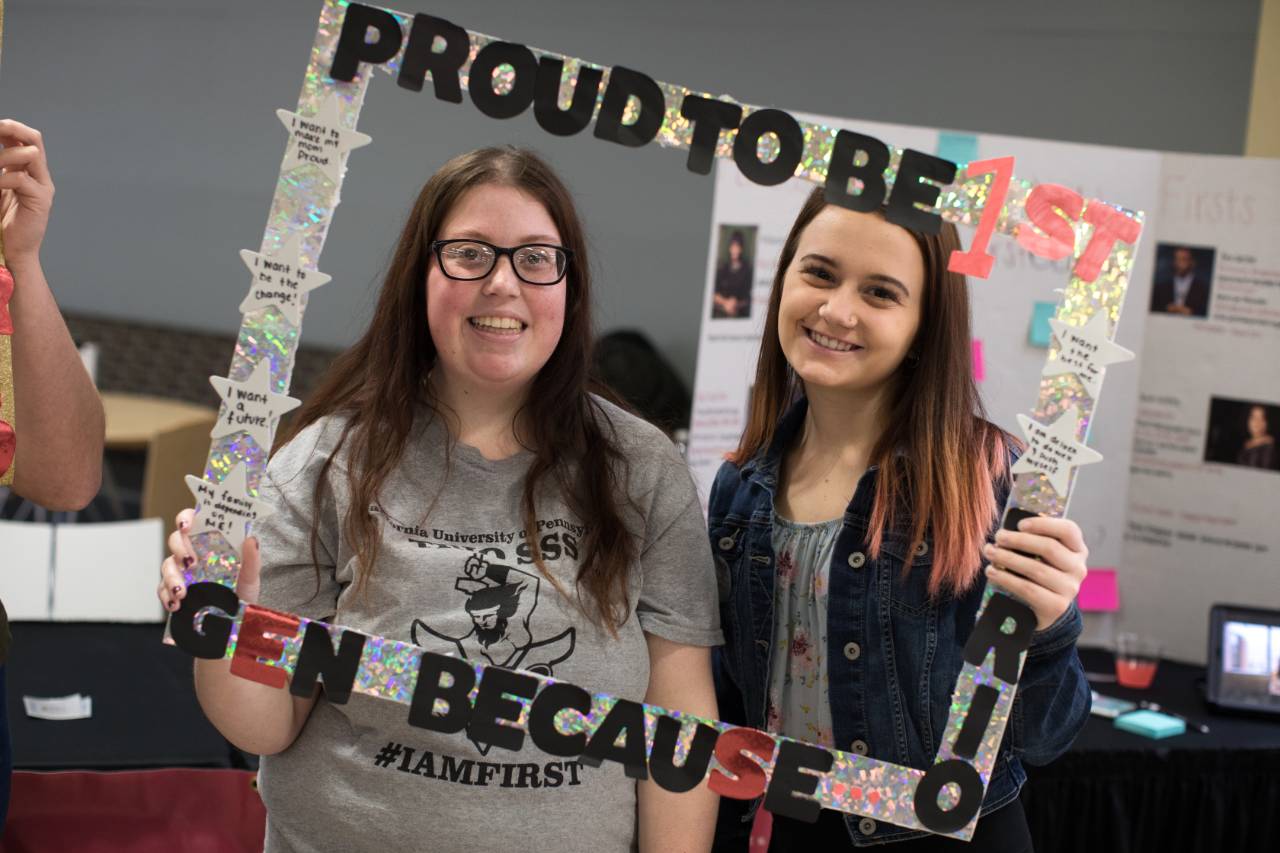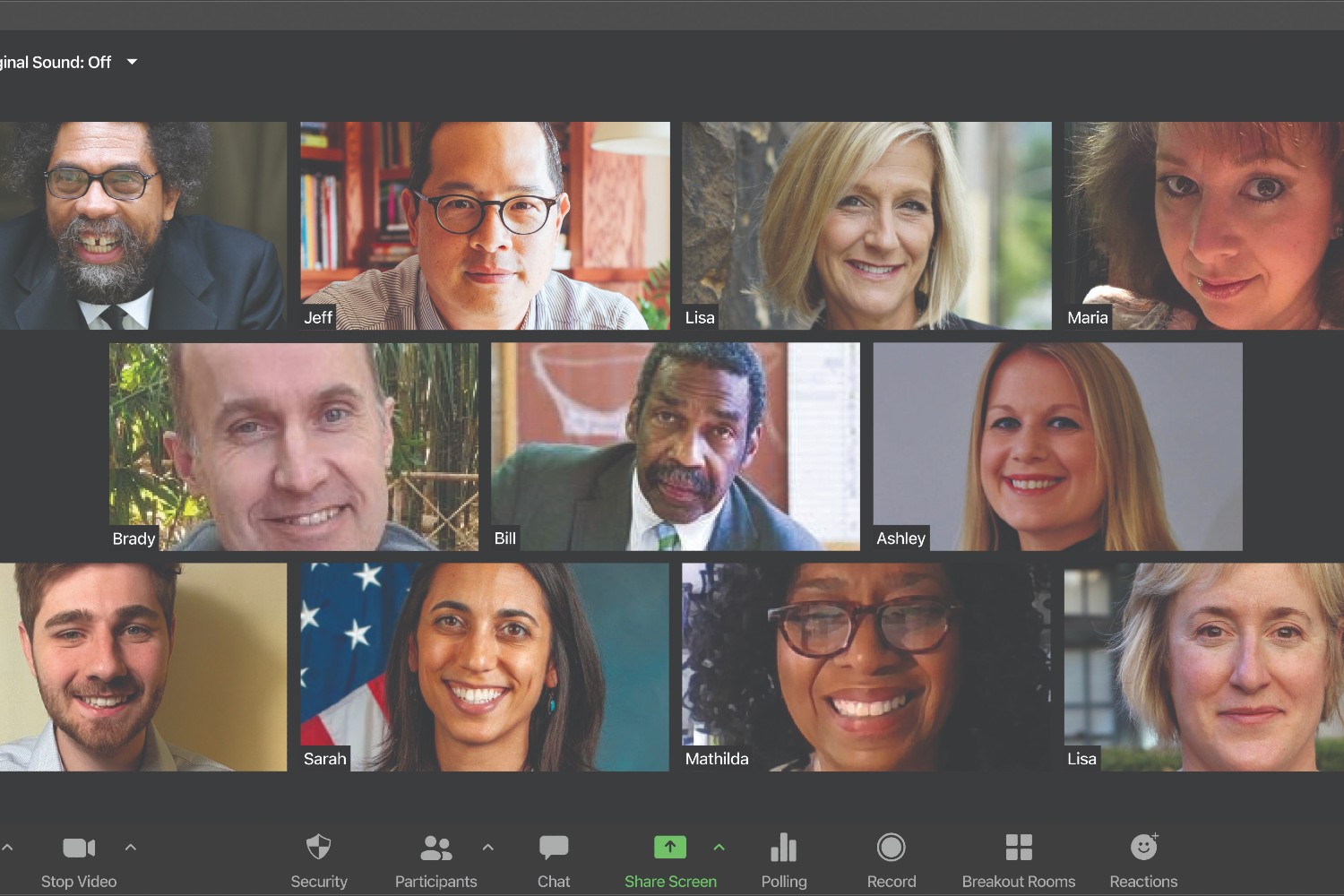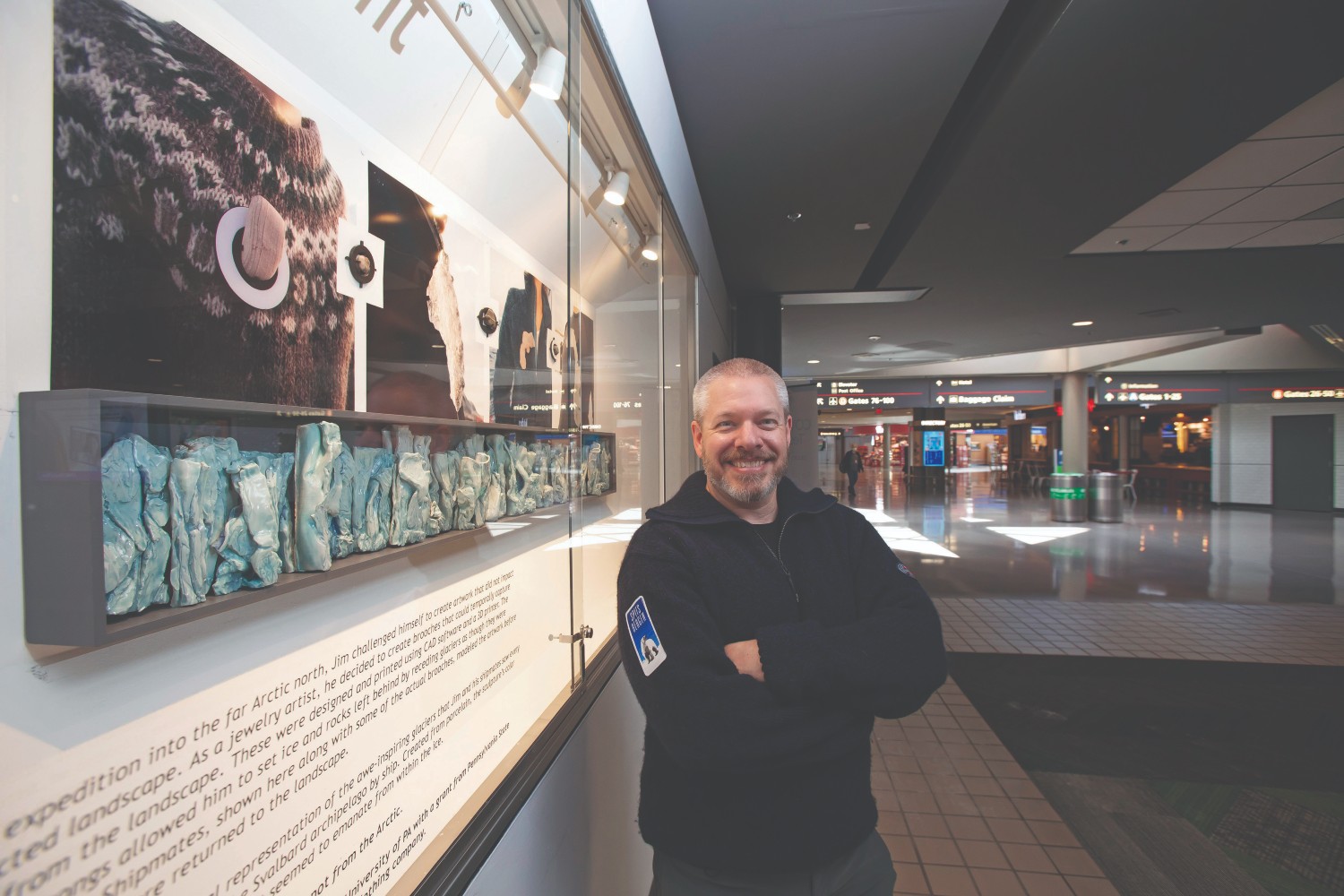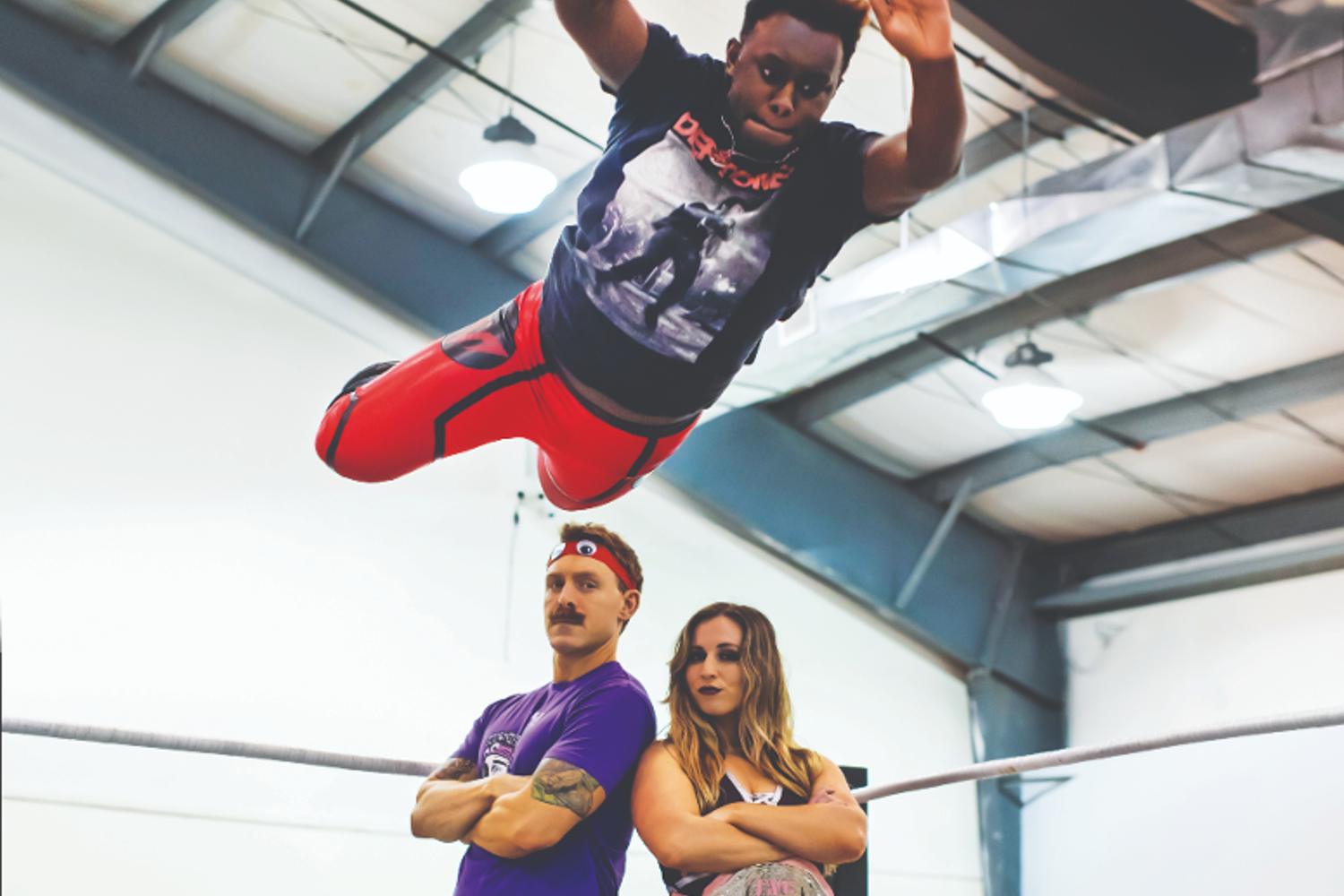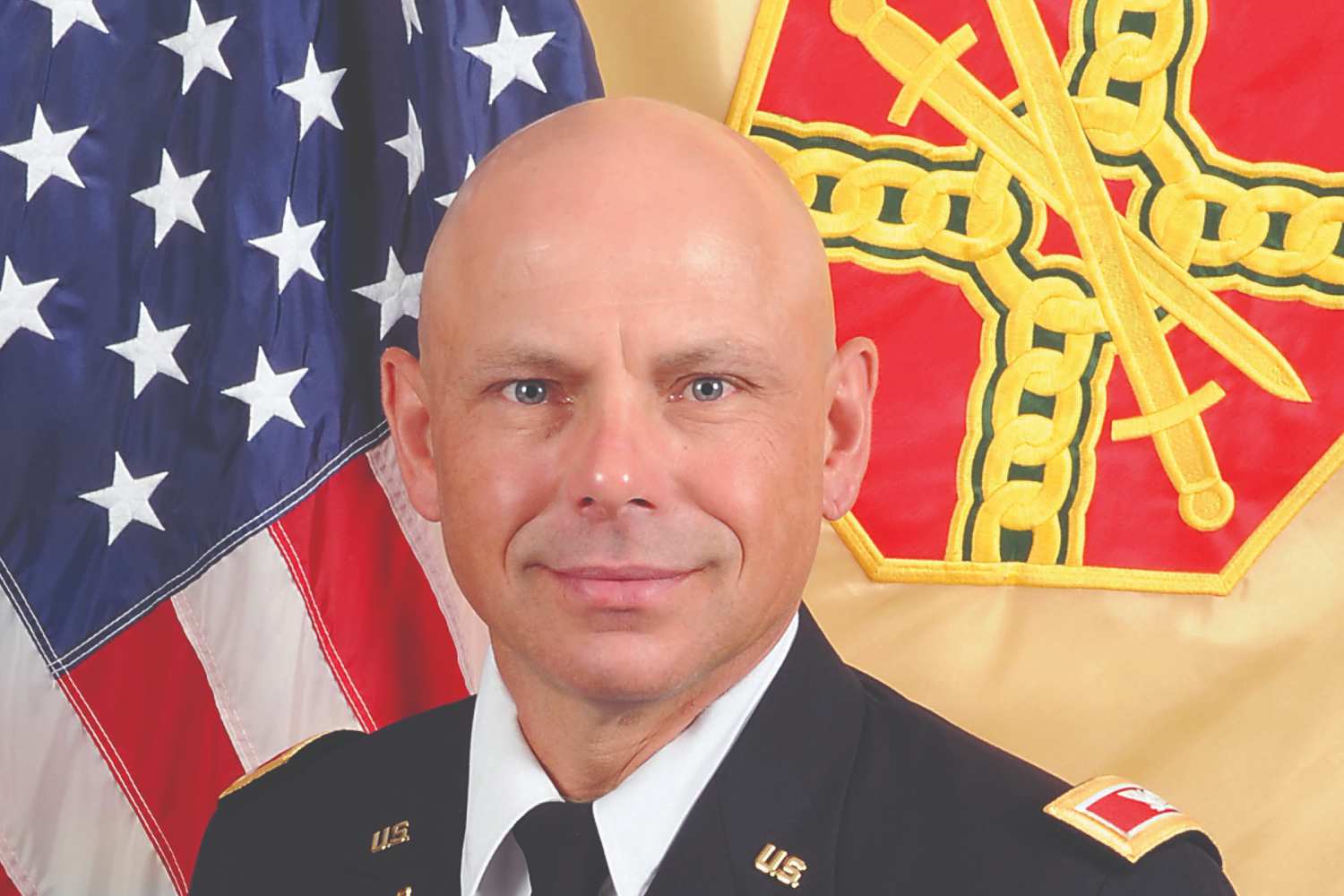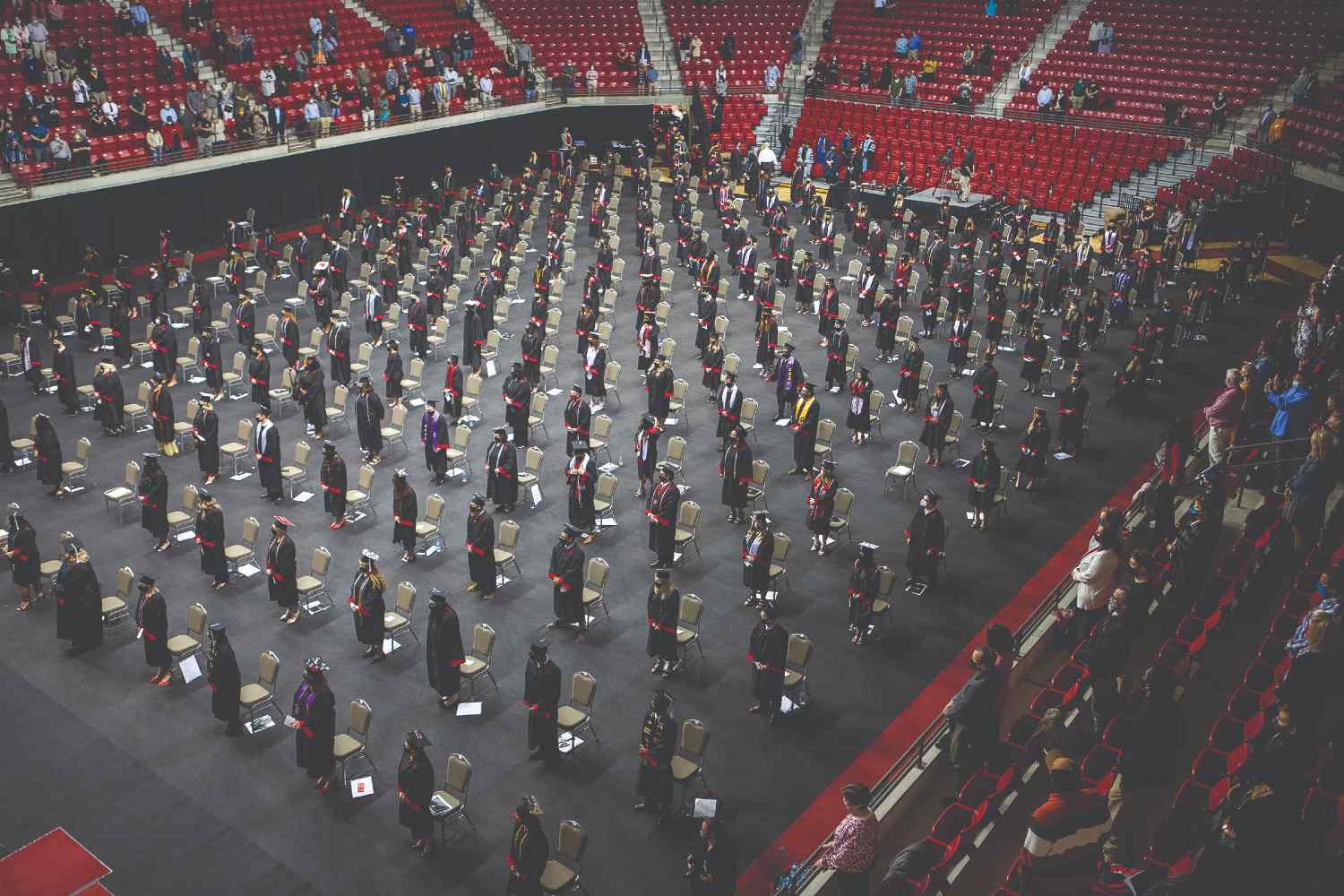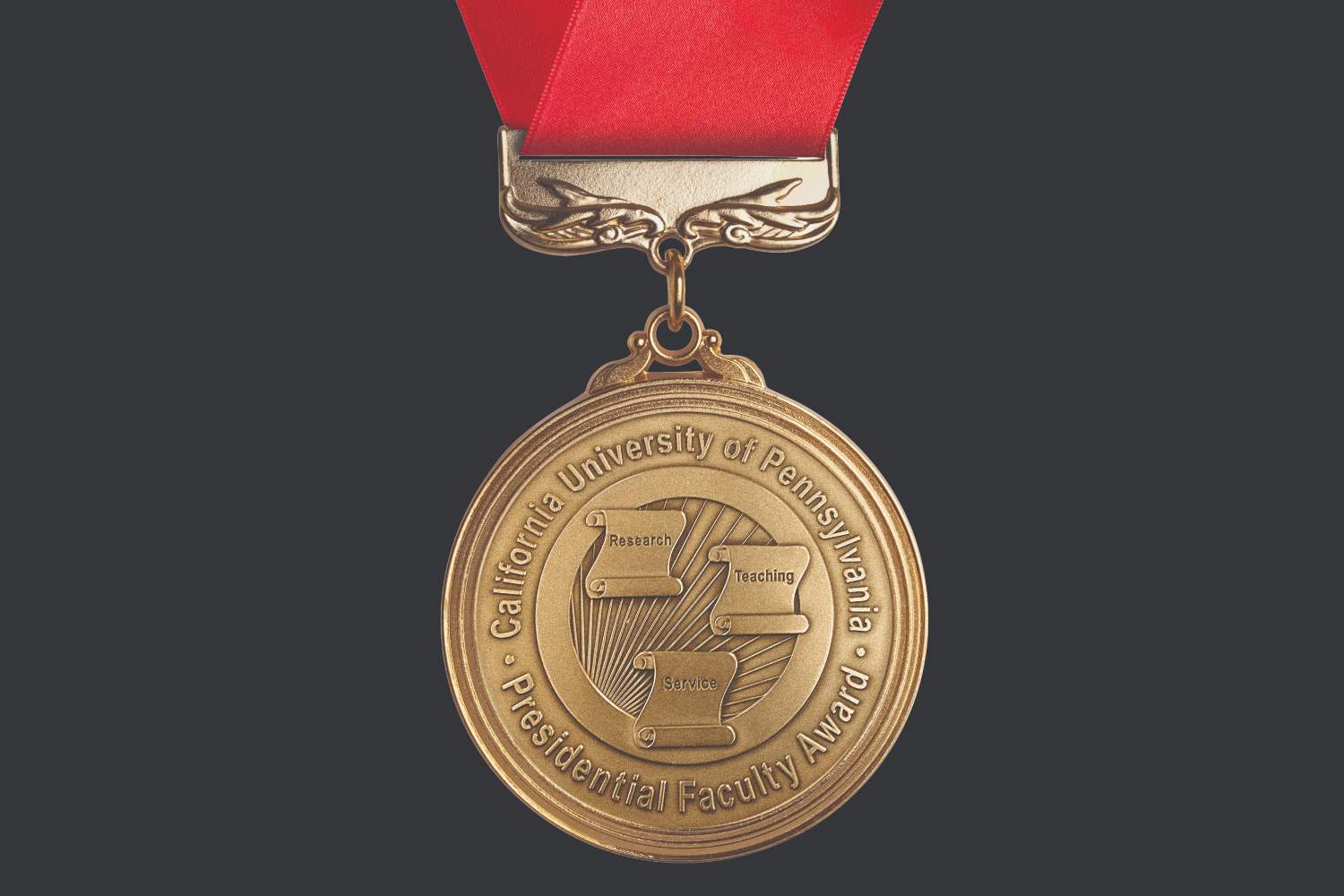Counselor.Consultant. Cheerleader.
Mentor.
For first-generation college students, a mentor can help to ensure success.
“A mentor is a resource for job opportunities, internships and a deeper connection to campus resources,” says Laura Giachetti ’96, ’02, an assistant professor in the Department of TRIO and Academic Services and director of the TRIO Student Support Services Program.
Federally funded TRIO programs assist first-generation students – those whose parents or guardians did not attend a university – as well as low-income students and students with disabilities as they progress from middle school through college.
To help first-generation students succeed at Cal U, Giachetti developed the TRIO Mentor Program.
In Fall 2019, 24% of Cal U’s undergraduate enrollment — or 1,167 students — were identified as first-generation.
Almost 40 faculty, administrators and staff members have volunteered to offer academic, professional and personal guidance to those students who would like the additional support. Students will be encouraged to sign up during their first year of college.
“We already have a lot of resources for these students,” Giachetti says. “They have a faculty adviser to help with scheduling. We have tutoring services. They may even have a peer mentor.
“TheTRIO Mentor Program is meant to be an extra layer. It’s our goal to be sure we are providing all the avenues for our students to connect with Cal U and complete their degree.”
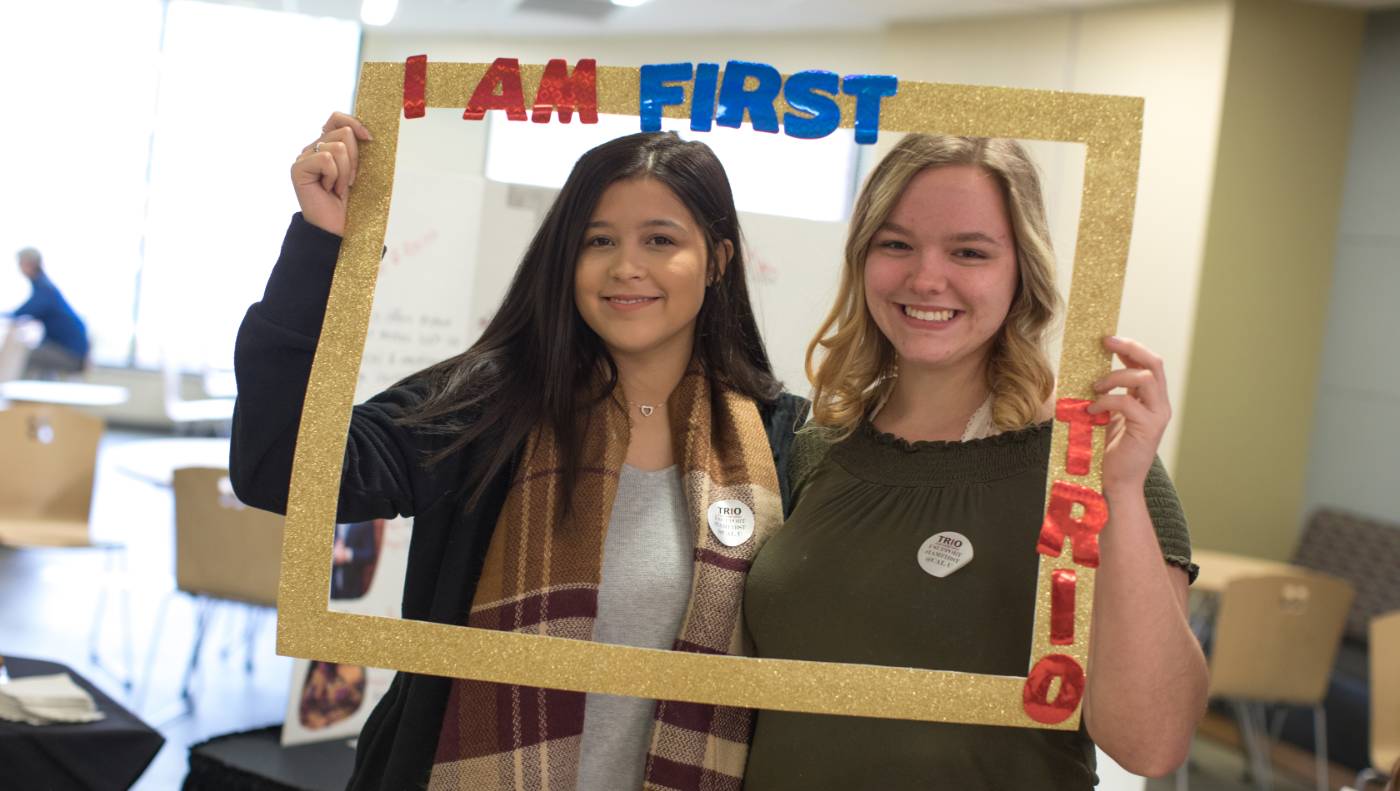
Make a connection
“Faculty and staff have a great platform to be able to help these kids out,” says Dr. M.Scott Zema, assistant professor in the Department of Health Science.
“It’s not always enough to have them in our classes and maybe just say ‘hi’ to them.We have an opportunity to make a connection with them, so they feel that affinity, stay in school and earn that degree.”
The TRIO Mentor volunteers provide “real talk” to let students know they can overcome obstacles, it’s OK to have questions and doubts sometimes, and they have what it takes to earn a degree.
Dr. Kimberly Woznack, a chemistry professor, shares a humorous story from her own first year, when she accidentally enrolled in a 300-level Shakespeare class.
Before writing her first lab report, she recalls with a smile, she had to write a college paper in an upper-level literature course.
“I had no idea how the numbers worked for college classes,” Woznack says. “No one had oriented me to that. It all worked out, but there are so many of those things that can add up to make you think this isn’t the right place, that college isn’t right for you.
“Sometimes, when students are struggling, they need context. They may wonder if they’re too far out of their league, or if it’s usual to struggle with a particular course.They may be reluctant to ask their adviser, because they don’t want to look like they don’t know what they’re doing. A mentor can help with that.”
Dr. Peter Cormas, a science educator, weaves advice on the intangible qualities of perseverance and hard work into his classes for undergraduate education majors.
“I talk to my students explicitly about what’s it like to persevere,” he says. “I talk to them a lot about how scientists have to persevere to solve problems, how they have to talk to each other, how they have to learn not to work in isolation.
“We sometimes assume that college students should know these things, but that’s not always the case, especially for first-generation students.”
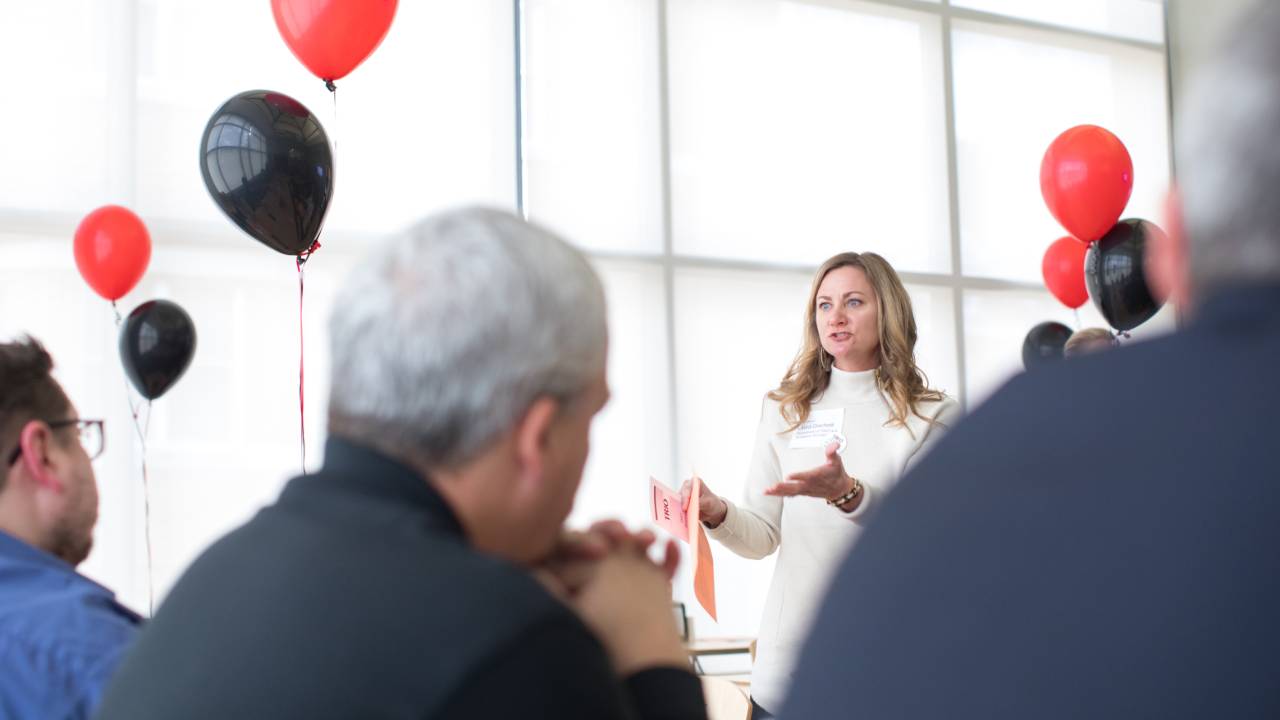
Keep trying
Cormasalso discusses the reality of failure in a culture where curated social media feeds often show only end results.
“The people who are best at anything fail a lot and make a lot of mistakes,” he says. “Nobody is awesome at everything; it’s impossible. The best mathematicians and scientists persevere and learn from their mistakes.”
Dr. Mathilda Spencer, of the Criminal Justice Department, shares her first hand experience as a teen in the TRIO Upward Bound program, which prepares eligible high school students for post-secondary success.
“I know the reality of the struggle,” she says. “I know what it’s like not to have, financially. I was blessed with a mother who said, ‘You’re going to college.However we have to do it, however it has to work, it is going to work.’
“And I often look at these kids and wonder if they’ve had someone say that to them.That’s where mentoring comes in.”
Nurturing dreams is key, the mentors say.
“Collegeis such a pivotal time,” Woznack says. “I don’t think I would have gone to graduate school if I hadn’t had mentors who said, ‘If you really like chemistry, there’s more chemistry you could learn!’
“They gave me the confidence that I was grad school material. Without mentors as an undergraduate, I wouldn’t have made the same choices.”
Spencer tells students, “Simply by making it to college, you have beaten the odds already. Let’s keep it going. Let’s graduate. Let’s get that degree and make everyone proud!”

